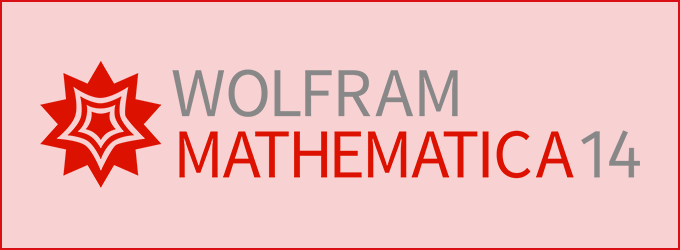SystemModeler Modelica Libraries
A major benefit of the Modelica language is the availability of numerous model libraries to supplement the variety of packages built into the Modelica Standard Library. These libraries - spanning from biochemistry to business and economics - were brought together in one place, the SystemModeler Modelica Library Store, to help you make the most of Wolfram SystemModeler.
Model Libraries
OPCUAfree
OPCUA allows you to expand your simulation models into real-world applications.
OPCClassicfree
OPC Classic allows you to link your simulation models to the real world by connecting to OPC servers.
BioChemfree
The BioChem library is an extendable, general-purpose library for modeling, simulation and visualization of biological and biochemical systems.
SystemDynamicsfree
The SystemDynamics library models information flows in continuous-time systems. This methodology is used in research within the social and life sciences.
PlanarMechanicsfree
The PlanarMechanics library includes components to describe the physics of multibody systems in a two-dimensional plane.
Hydraulicfree
The Wolfram Hydraulic library adds complete hydraulics functionality to Wolfram System Modeler.
ModelPlugfree
The Wolfram ModelPlug library allows you to link your simulation models to an Arduino board (or any other board following the Firmata protocol).
Modelica_Synchronousfree
Modelica Association
The Synchronous library is a Modelica package to precisely define and synchronize sampled data systems with different sampling rates.
Business Simulationfree
Guido Wolf Reichert
A library for the modeling and simulation of dynamical systems in the social sciences, e.g. business, economics and ecology, using the system dynamics metaphor.
Built-in Libraries
Wolfram System Modeler also comes with dozens of built-in libraries. Find out more in the Wolfram Documentation Center »













